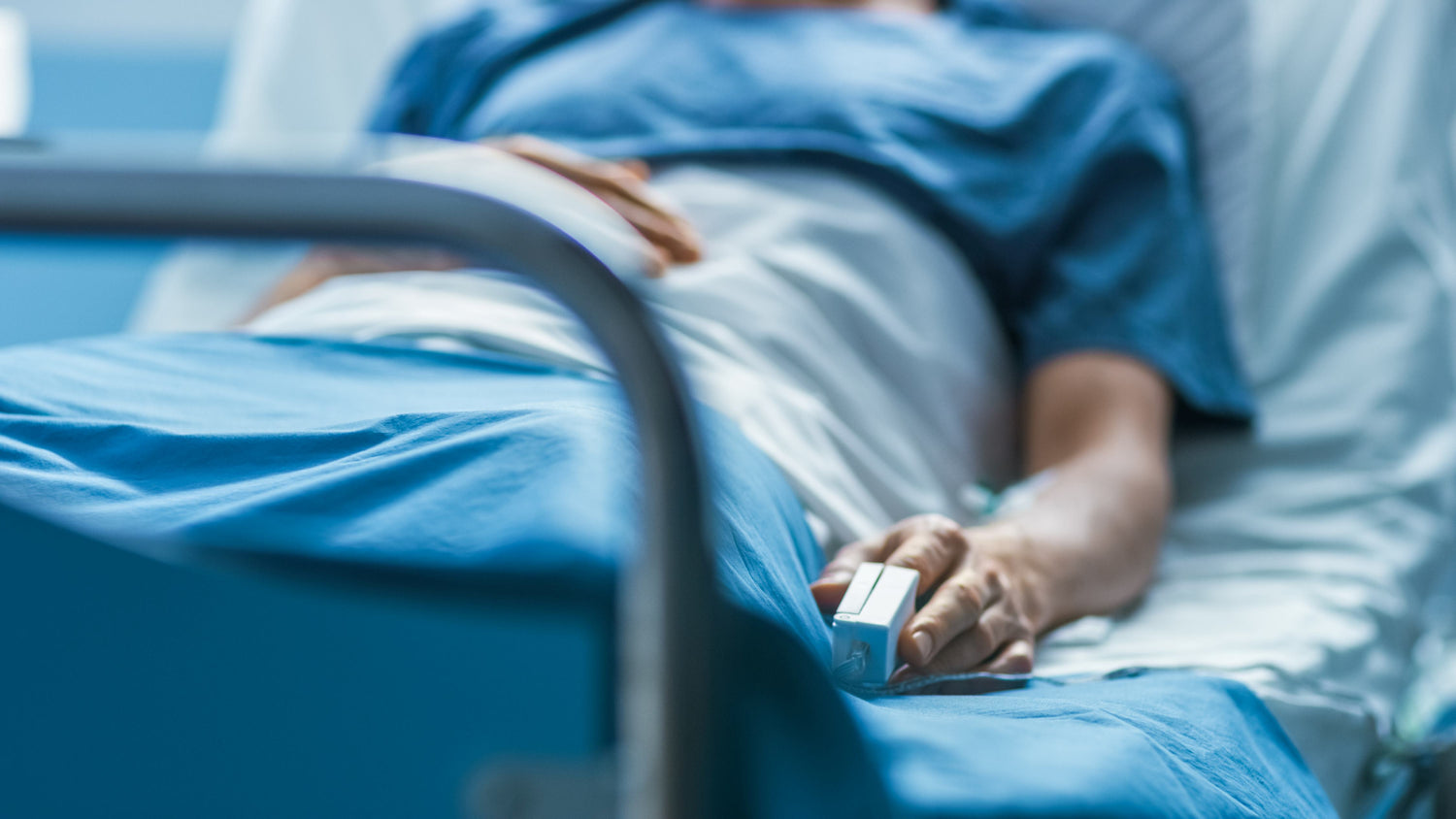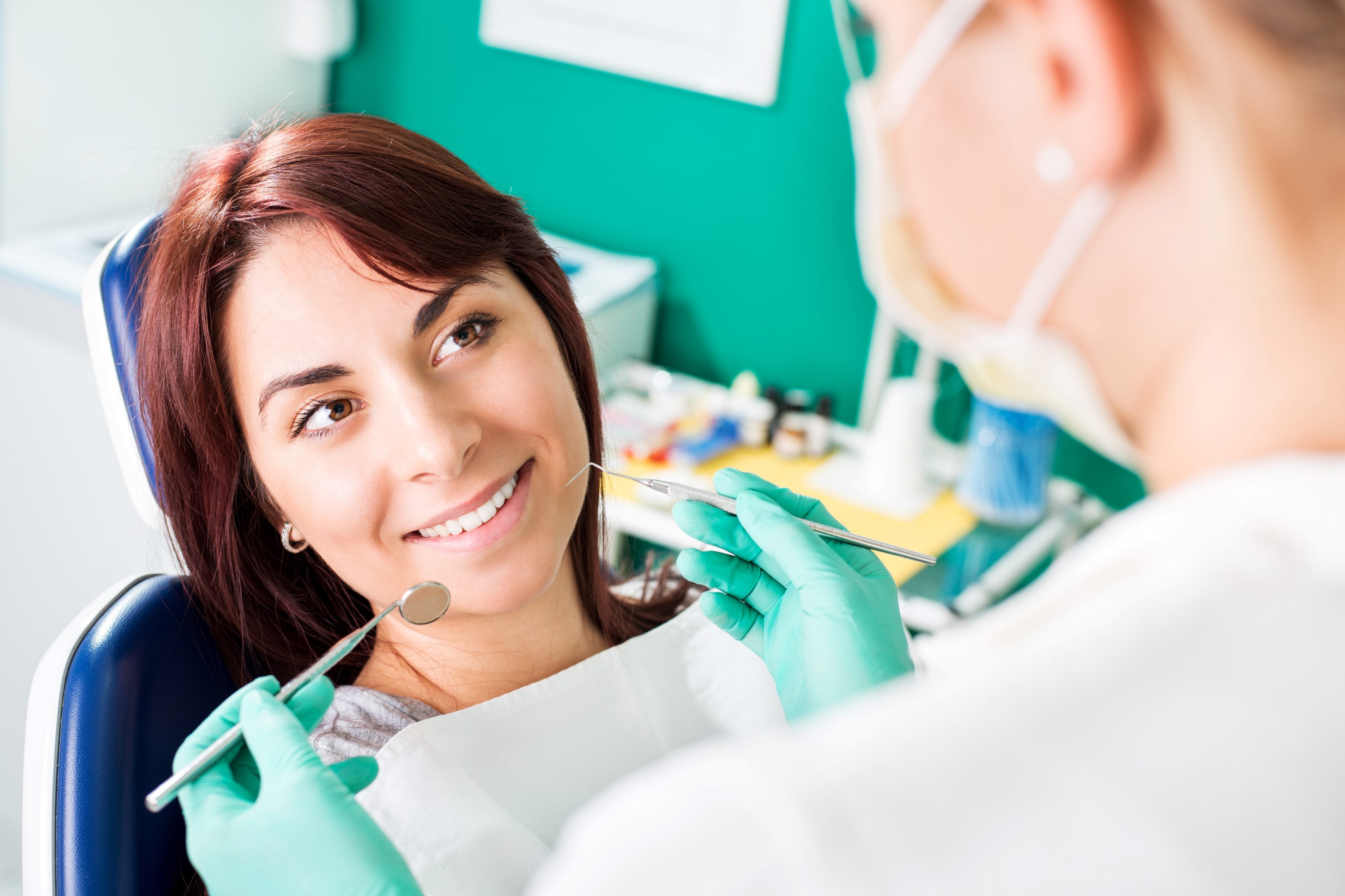Oral hygiene may take on "an indispensable role, similar to hand washing", in preventing and controlling hospital-acquired infections, a recent meta-analysis published in JAMA Internal Medicine indicates.
Daily toothbrushing emerges as a crucial practice in reducing hospital-acquired pneumonia (HAP) and mortality, particularly among patients on mechanical ventilation, according to the meta-analysis. The study, conducted by Selina Ehrenzeller and Michael Klompas from Harvard University, highlights the importance of oral hygiene in healthcare settings.
HAP, primarily caused by aspirating microorganisms from the oral cavity, has been a significant concern in hospitals. The oral microbiota, encompassing around 700 species of bacteria, fungi, viruses, and protozoa, has a known connection with pneumonia development. Rigorous mouth hygiene is recommended, but the optimal method remains uncertain.
The debate over the use of chlorhexidine-based mouthwash adds to the complexity, with conflicting evidence on its effectiveness in preventing pneumonia and potential associations with higher mortality rates.
The meta-analysis involved 15 studies, totaling 2,786 patients, focusing on the impact of daily tooth brushing on HAP risk. The results demonstrated a remarkable 33% reduction in HAP risk and a 29% decrease in ICU mortality associated with daily toothbrushing.
Importantly, the reduction in HAP incidence was statistically significant for patients on invasive mechanical ventilation. Tooth brushing correlated with fewer days of mechanical ventilation and shorter ICU stays.
Despite the potential of tooth brushing to break down plaque and biofilms, guidelines have historically given little emphasis to its role in preventing hospital infections, resulting in varying practices across healthcare facilities.
Professor Rupert Dakka, an expert in microbial resistance at Yale University, commented on the study's significance, stating that routine tooth brushing is essential for mechanically ventilated patients. However, the role of this practice in preventing non-ventilation-related HAP remains uncertain due to limited data.
– As the literature on HAP evolves oral hygiene may take on an indispensable role, similar to hand washing, in preventing and controlling hospital-acquired infections, Prof Dakka wrote in the commentary.
Additional research is warranted to establish standardized tooth brushing practices for hospitalized patients. As the literature on HAP continues to evolve, oral hygiene may become a pivotal element, akin to hand hygiene, in preventing and controlling healthcare-associated infections.
Source: Medscape Medical News



Leave a comment
This site is protected by hCaptcha and the hCaptcha Privacy Policy and Terms of Service apply.